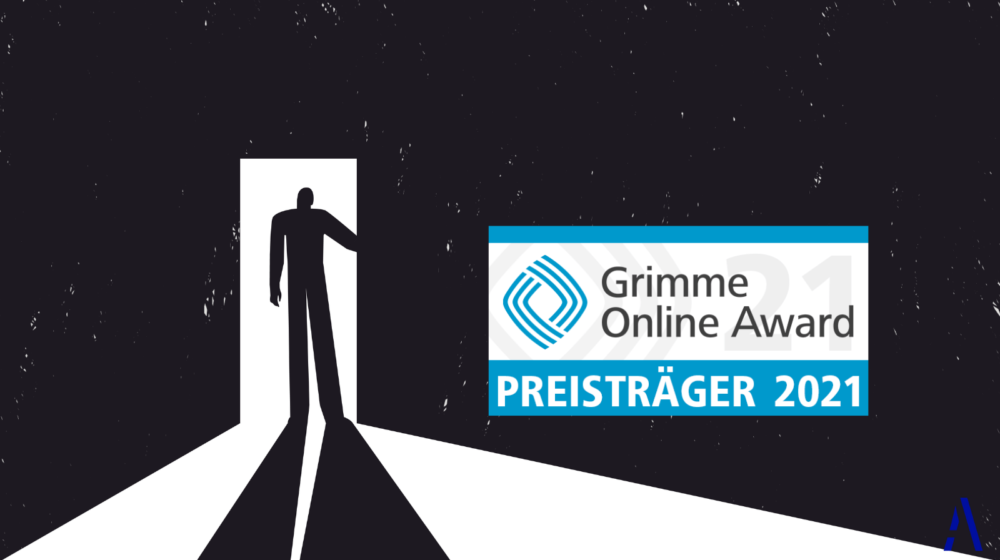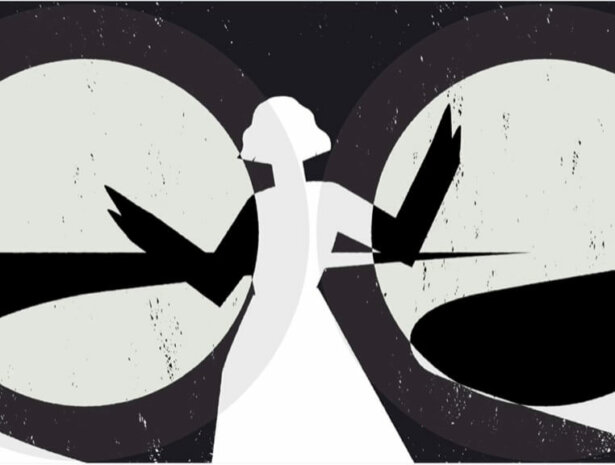Grimme Online Award for #StolenMemory

The Arolsen Archives and the design agency Goldener Westen have won the Grimme Online Award for the #StolenMemory website and its innovative storytelling formats.
We are proud, happy, and hugely grateful. The website and films that accompany the #StolenMemory campaign have won the Grimme Online Award. The Grimme Institute has been presenting the Grimme Online award for high-quality online content since 2001. Our #StolenMemory project prevailed over a total of eight competitors in the category Knowledge and Education.
#StolenMemory aims to find relatives of former concentration camp inmates in order to return possessions that once belonged to them, so this campaign is about “stolen memories” in a very real sense. The Arolsen Archives hold around 2,500 personal effects of this kind and are using the campaign to reach out to the relatives of victims of Nazi persecution. At the same time, the campaign has also been expanded to encompass an educational project which includes a traveling exhibition in a converted shipping container, animated films, and a website. These materials are primarily aimed at the younger generations of today. The Arolsen Archives, the world’s most comprehensive archive on the victims and survivors of National Socialism, have been working on #StolenMemory with the Goldener Westen agency since 2019.
The jury of the Grimme Online Award described the reason for its decision as follows:
#StolenMemory tells the stories of concentration camp inmates and the story of 2500 mementos that are still waiting to find their way to the descendants of their former owners, and it does so with a matter-of-fact poignancy that has a strong impact. The website uses aesthetically effective means that enable users to immerse themselves in the past and in the present.
https://vimeo.com/444889902/59ced56ba8
»It has a contemporary feel, but more importantly, it’s incredibly inspiring, and I think that’s exactly the right approach if you want to help people understand this kind of content.«
Schlecky Silberstein, author and presenter
Our presenter, author Schlecky Silberstein, also had his own words of praise for #StolenMemory: “I came across #StolenMemory at a point in my life when I was developing my own ideas about how to communicate educational content to audiences in such a way that they will actively want to consume it. It was incredibly inspiring, and the thing I found particularly positive was the way storytelling was used as a vehicle. That’s something that often gets forgotten, but it’s really important in educational contexts too. It fosters a sense of intimacy that results in a high level of identification above all else.
On top of all that comes the first-rate design, and for me, the scrollytelling was really fantastic too. It has a contemporary feel, but more importantly, it’s incredibly inspiring, and I think that’s exactly the right approach if you want to help people understand this kind of content. It’s to do with me, it’s to do with my past. And when it comes to things like the Holocaust in particular, it’s really important that you don’t just learn the bare facts, but that you can relate to it in some way, and #StolenMemory manages to do that incredibly well.”
When presenter Ninia LaGrande asked her if it was legitimate to speak with the voices of people who were personally involved, Floriane Azoulay, Director of the Arolsen Archives, replied as follows: “It is both important and necessary to speak with the voices of those who were personally involved because we need to find a way to communicate with younger generations who really can’t relate to this history, and you can only do that by telling a story that’s emotional, a story that’s highly personal, and that’s what we’re doing with #StolenMemory.”


